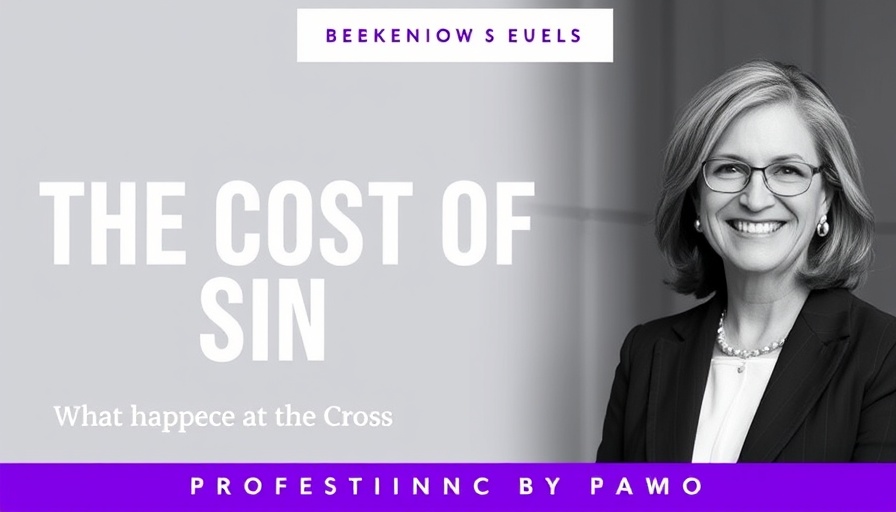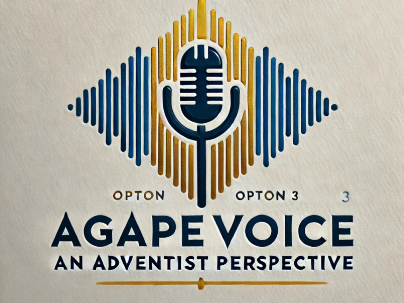
Understanding the Historical Context of Collaboration
The collaboration between segments of religious communities and authoritarian regimes, particularly the Nazi state, has often been a topic of intense scrutiny and debate. In the context of the Seventh-day Adventist (SDA) community, Roland Blaich's work titled "Render Unto Caesar" sheds light on a complex and often painful chapter in the history of Adventism during the 1930s and 40s. This work encourages discussion within the faith about moral responsibility and the effects of state intervention in spiritual matters.
The Value of This Historical Examination
For members of the SDA faith community, understanding the past is crucial. Knowledge about how their church interacted with the Nazi regime can lead to valuable insights about contemporary issues related to authority and morality. By confronting this history, believers can engage in reflection on the importance of their convictions vis-à-vis state power. This exploration not only fosters a deeper sense of identity but also cultivates a community ethos that prioritizes ethical stances over compliance.
Parallel Examples in History
Lessons from the SDA community's experience during WWII can be seen in other religious organizations that faced similar dilemmas. For example, the Lutheran Church in Germany also contend with how its leadership responded—or failed to respond—to Nazi policies. These uncomfortable truths serve as a reminder that the struggle between faith adherence and civic duty is a timeless issue that continues to challenge communities worldwide.
Looking to the Future: Ethical Implications for Today
As we navigate an era marked by rising authoritarianism and populist movements, the questions raised by Blaich's research are increasingly relevant. What does it mean to render unto Caesar in a pluralistic society where faith groups encounter government policies that may not align with their convictions? The SDA community, along with other faiths, must engage in this discussion, ensuring that the lessons of history promote active resistance against injustice rather than passive acceptance.
Insights to Reflect On in the Modern World
To truly understand the relevance of Blaich's exploration, SDA members must consider their roles as both citizens and believers. This duality invites questions about how to act under regimes or policies that undermine human rights. It cultivates a spirit of activism within the faith, urging members to be vigilant, vocal, and engaged in society to uphold their beliefs and values.
Taking Action: Engaging with Our History
For believers, the call to reflect on their church's history is not merely an exercise in historical accuracy but a spiritual imperative. Engaging with this past can lead to practical applications in present-day activism: whether it’s through community service, advocacy for displaced persons, or contributing to discussions on morality in governance. The SDA community is called to ensure their collective history informs their actions and ethical decisions moving forward.
Conclusion: Why This Matters
As members of the SDA community reflect on the collaboration with the Nazi state, it is an opportunity to commit to faith in action. By illuminating past weaknesses, believers can better cultivate a resilient faith community that resists the pressures of government conformity. Engaging thoughtfully with this historical narrative allows the faith community to inspire conversations and actions centered around justice and integrity.
 Add Row
Add Row  Add
Add 




 Add Row
Add Row  Add
Add 


Write A Comment